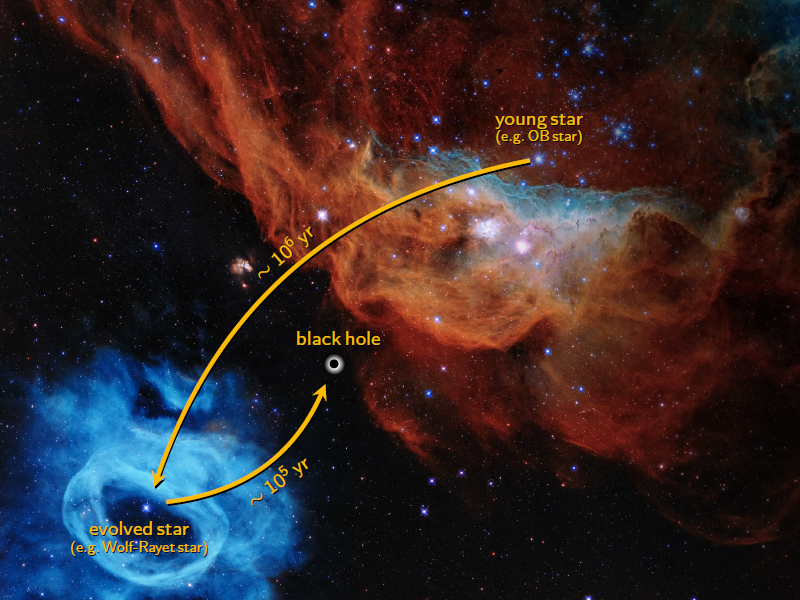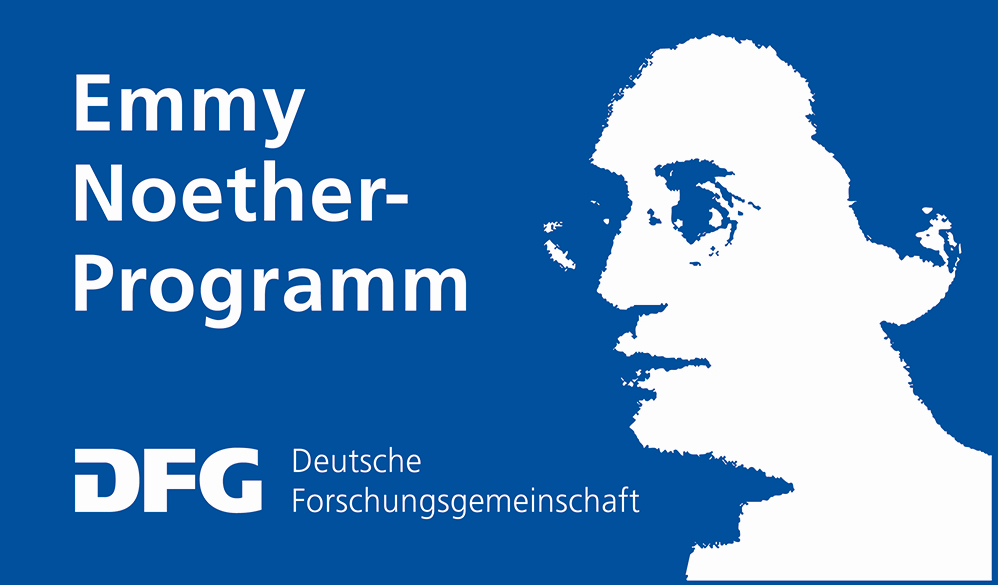
Master-Pflichtseminar (MVSem)
From Light to Darkness: How Radiative Processes pave the way to Gravitational Waves
Sommersemester 2023 (together with Maria Bergemann)
Friday 09:15 - 10:45 AM
ARI Seminar Room, Mönchhofstr. 12-14 (1st floor)
First meeting: April 21, 2023
Last meeting: July 21, 2023
Picking one of the MVSem is mandatory for master students and consists of a presentation and a written report.
The seminar yields 4+2 CP (credit points, “Leistungspunkte”),
4 CPs are for the presentation and attending the seminar
2 CPs are for the written report (10 pages, soft limit)
Both the seminar talk and the report will be graded.
Target audience: Master students with an interest in astrophysics
While eventually no light escapes from them, the life of the stars that eventually become black holes is governed by light. In this seminar, we take a look at the various stages stars pass through on their way to core collapse and the role radiative processes play in this journey. Covering cool and hot stars, silent and eruptive stages, as well as the resulting chemical evolution and gravitational wave events, the seminar uses scientific seminal and review papers to takes you on a journey from light to darkness.
This MVSem will be held in english. Its main goal is to deepen the knowledge in special topics in modern astrophysics with a focus on radiative processes.
Please prepare a draft (at least ideas) of your presentation one week in advance of your scheduled presentation and meet with the lecturer to discuss your draft.
Seminar Schedule
| April 21st | Initial planning meeting | |
| April 28th | ||
| May 5th | ||
| May 12th | ||
| May 19th | Friday after Ascension | |
| May 26th | ||
| June 2nd | ||
| June 9th | Friday after Corpus Christi | |
| June 16th | ||
| June 23rd | ||
| June 30th | ||
| July 7th | ||
| July 14th | ||
| July 21st | ||
Potential topics and corresponding literature
- Physics and phenomenology of late-type stars
Bergemann (2019) - Constraints on properties of compact binary mergers from stellar nucleosynthesis
Benoit et al. (2019) - Stellar Winds of hot and cool stars
Owocki (2021), Decin (2021), Höfner & Freytag (2022) - Low-mass binaries with dormant black holes
El-Badry et al. (2023), Thompson et al. (2019) - Multiplicity of stars in the Milky Way galaxy
Kraus & Duchêne (2013), Sana (2017) - Post-AGB stars
Miller Bertolami (2019), Kamath & Van Winckel (2022) - Type Ia Supernovae
Livio & Mazzali (2018), Ruiter (2020) - Wolf-Rayet Stars
Crowther (2007) - Luminous Blue Variables
Weis & Bomans (2020), Davidson (2020) - High-Mass X-ray Binaries
van den Heuvel (2019), Chaty (2011) - Core-Collapse Supernovae and Endpoints of massive star evolution
Woosley & Janka (2005), Langer (2012), Gal-Yam (2019) - The Role of Massive Stars in The Universe
Eldridge & Stanway (2022) - Galactic Chemical Evolution
Matteucci (2016) - Consequences of Chemical Evolution for Gravitational Wave astrophysics
Chruślińska (2022)



